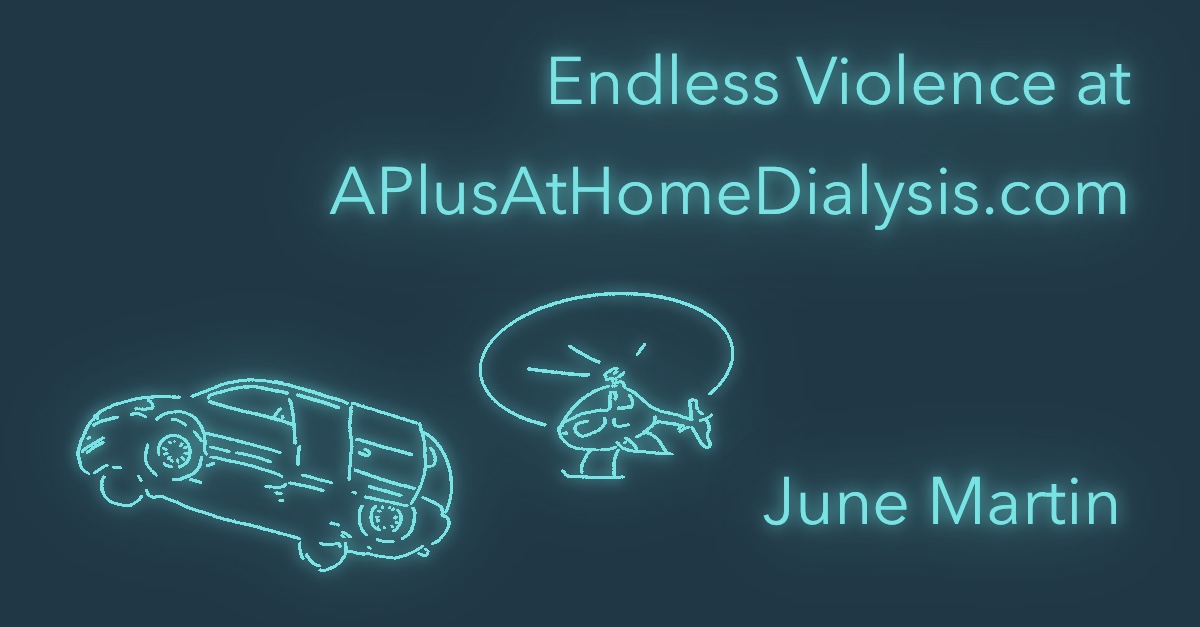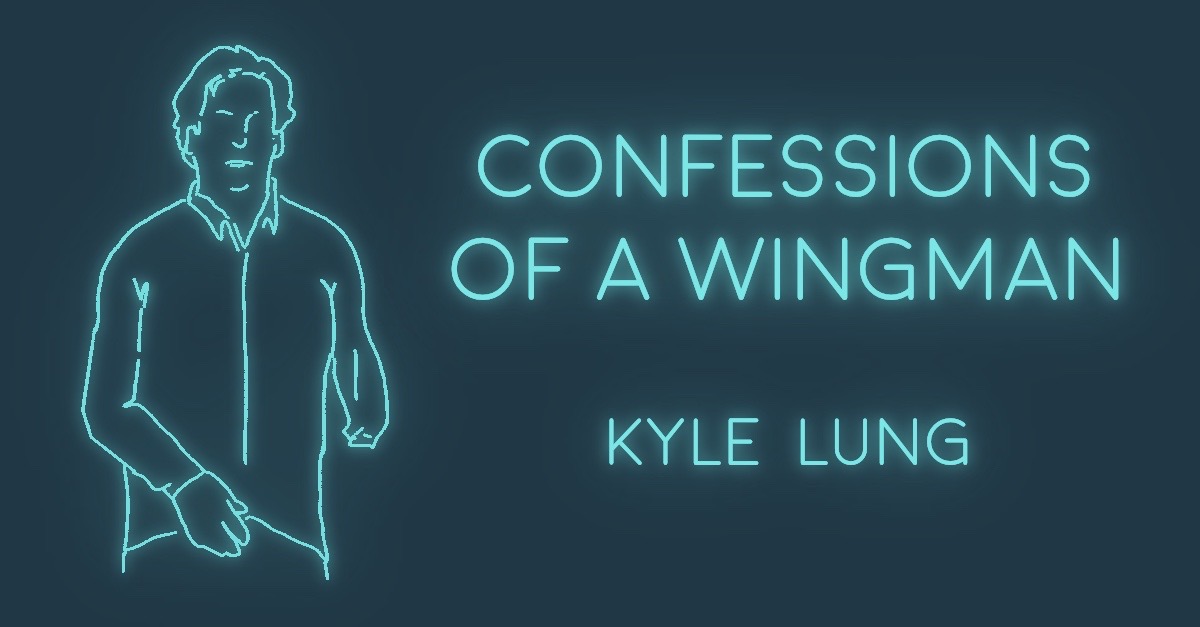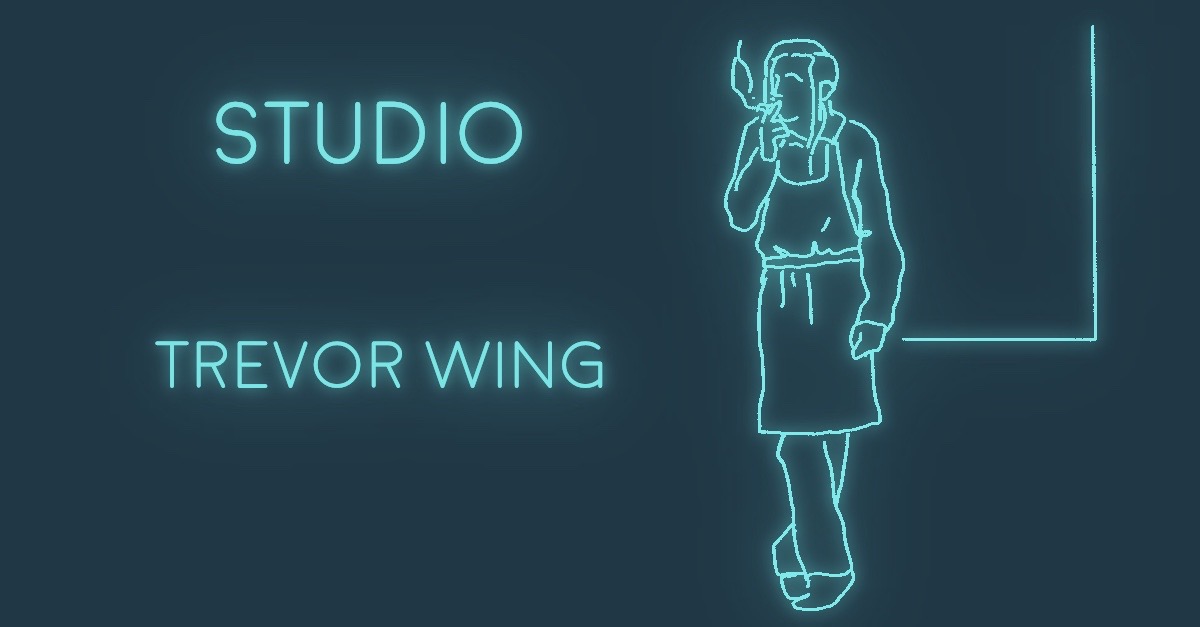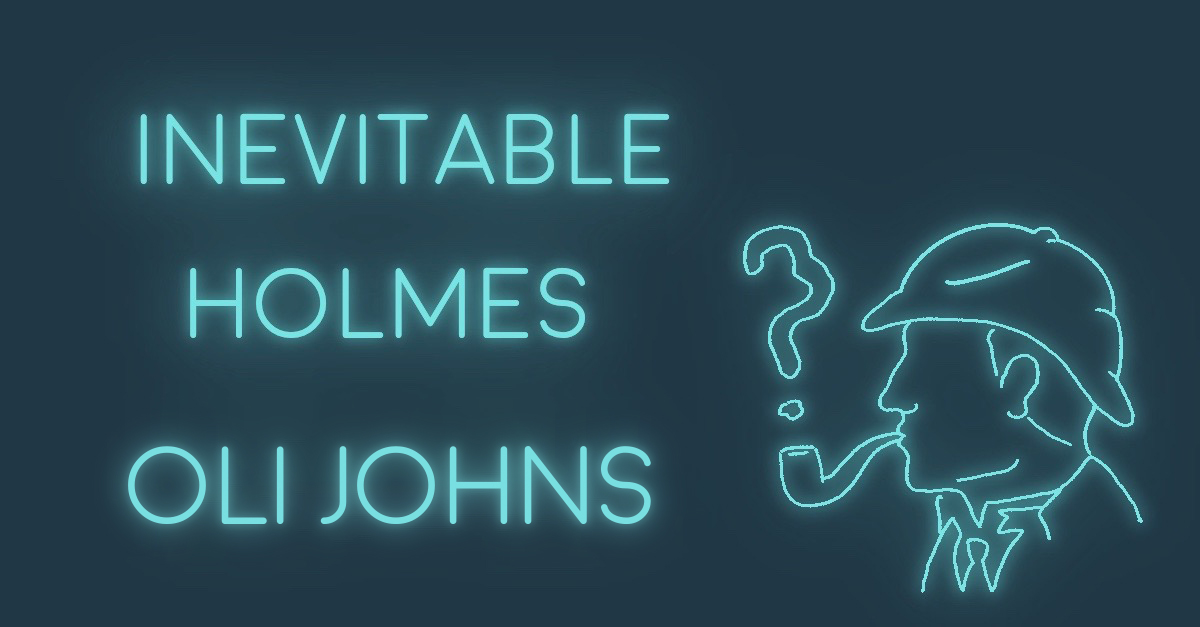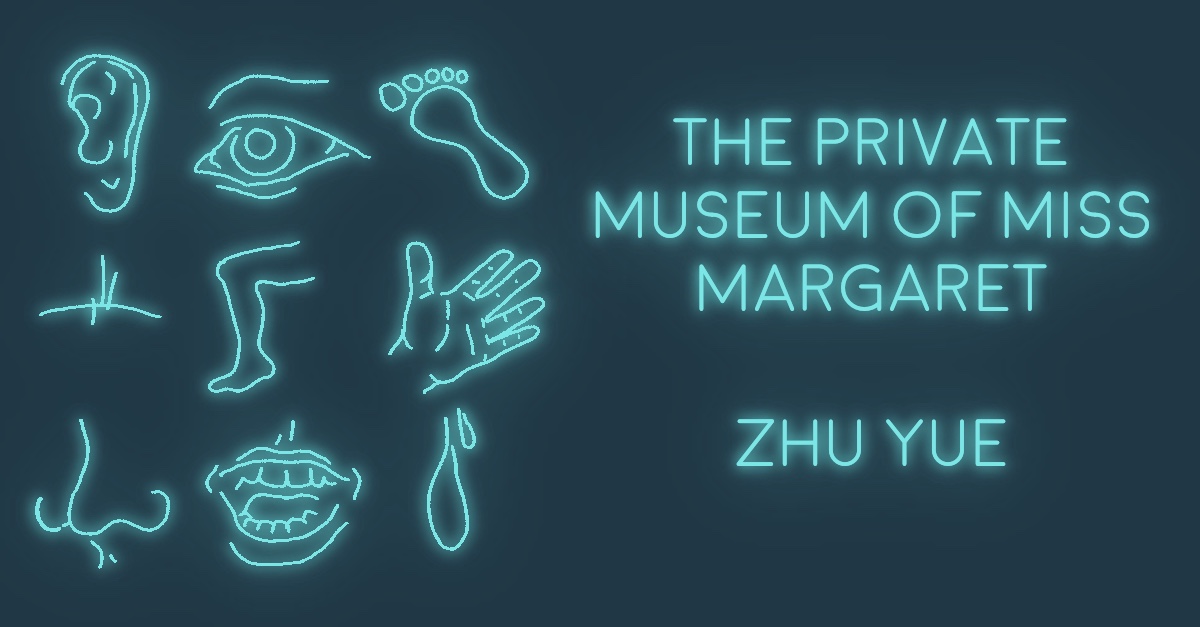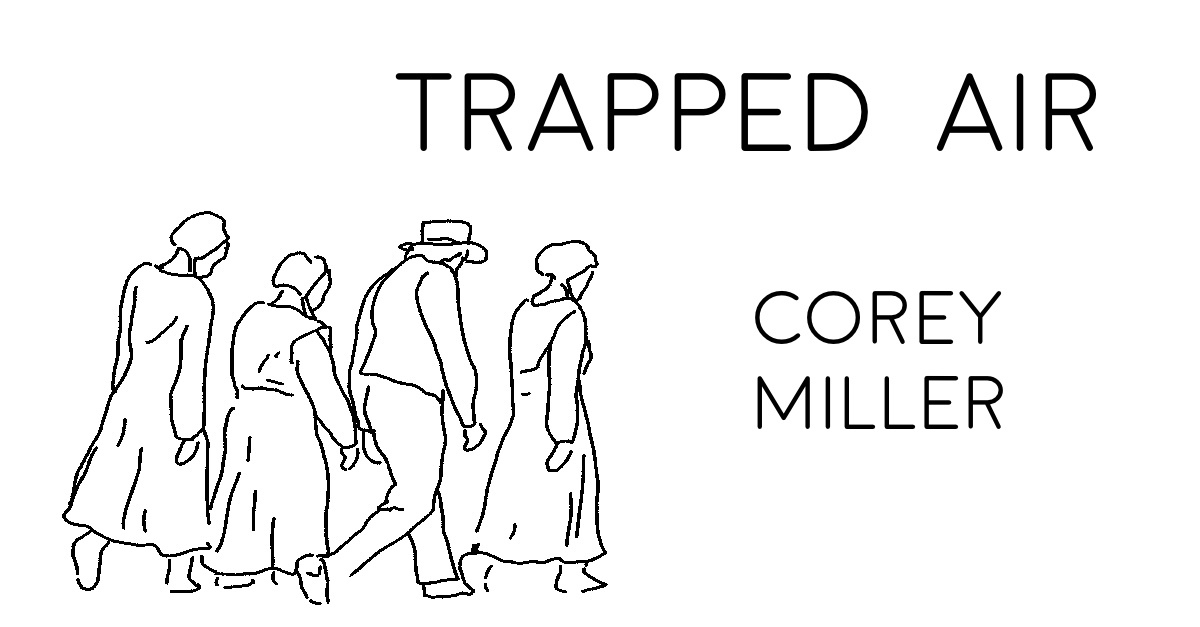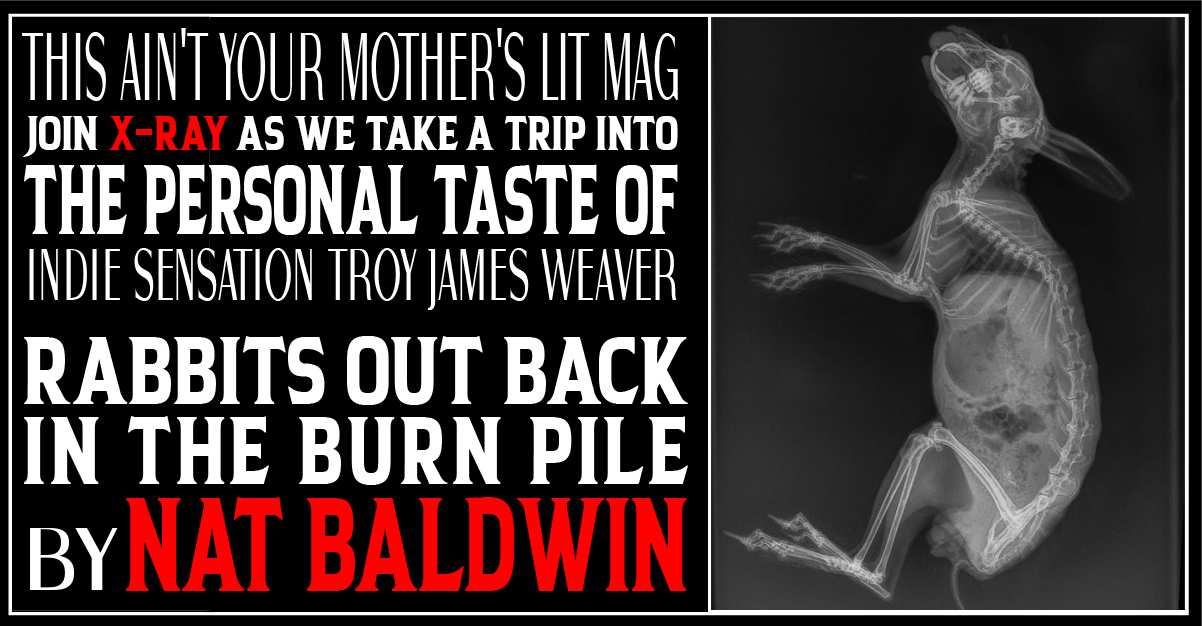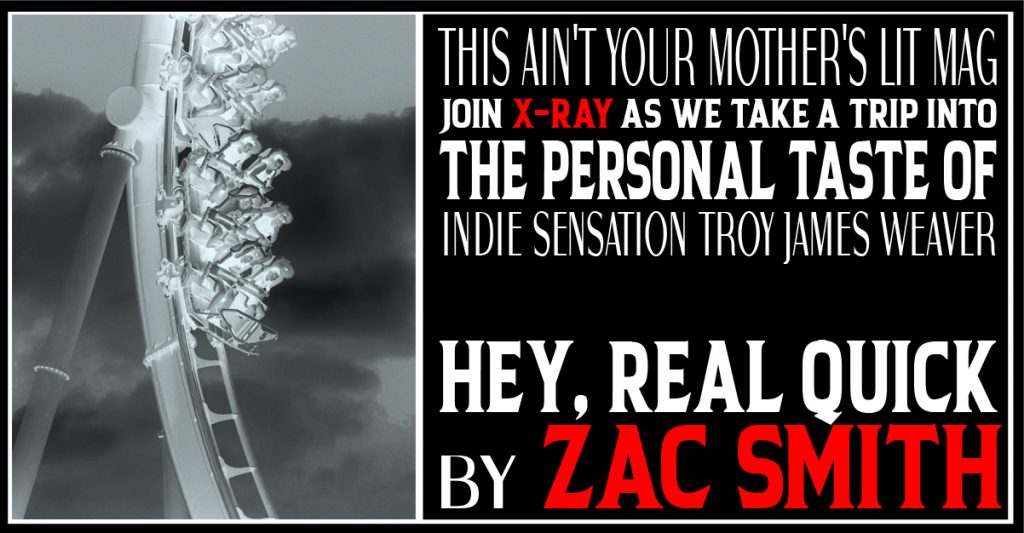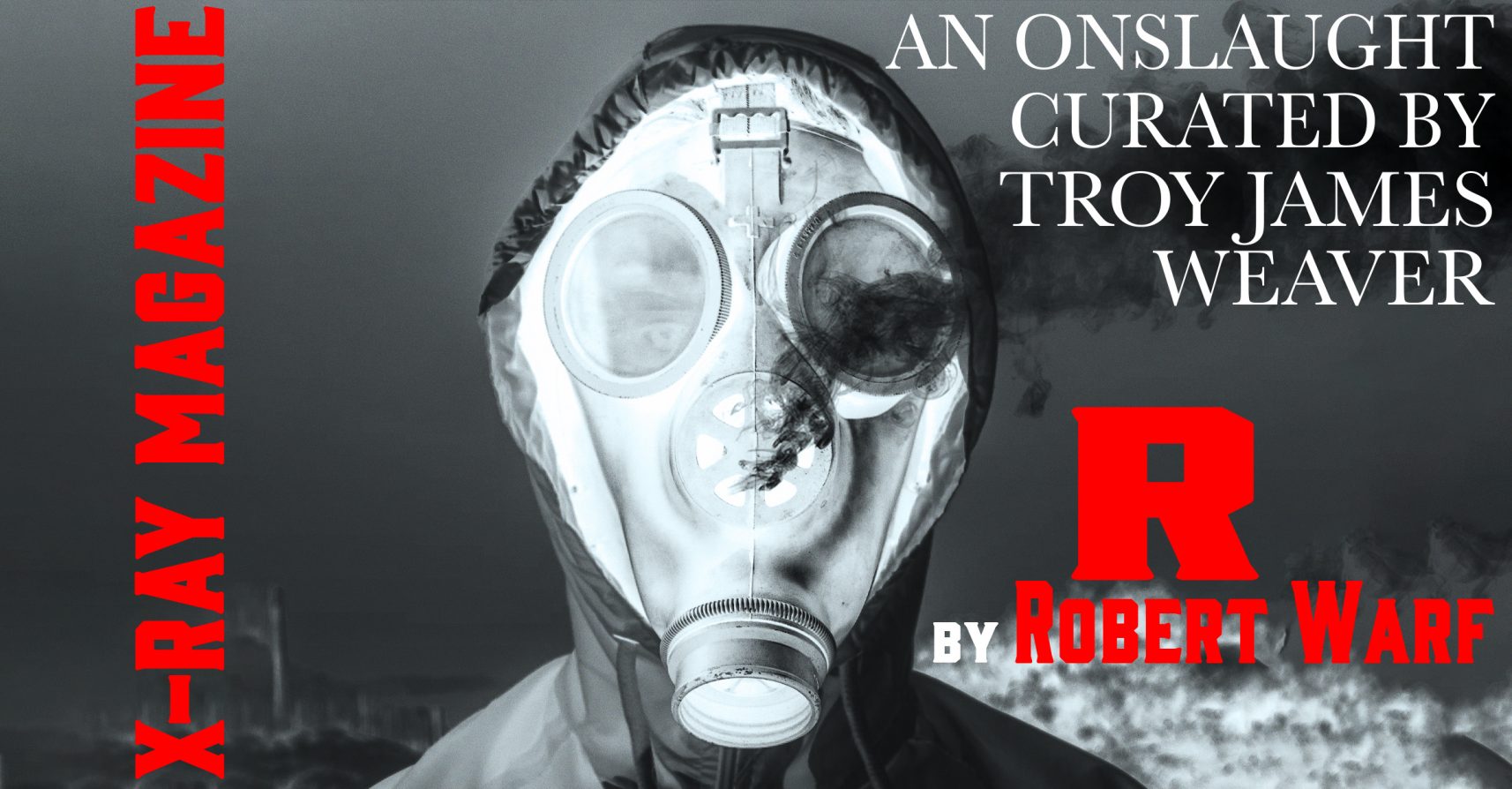I stand naked at my bedroom window as the community arrives, unhitching buggies next to the barn and freeing their horses within the pasture fencing. It’s Father’s turn to host church. My hands find the tumbled smooth surface of the yellow citrine, amplifying the power of the sun, torrential and vitalizing. My altar, the top of the maple dresser Father built, is aligned with crystals. Each one unique, delivering its effects to the possessor. The dresser stores my bonnets and dresses, different hues of pink and gray. Sundays are always black. None with pockets; Amish don’t believe in secrets. The Radiant Rider-Waite…
